Responding to an Undervalued Yuan
Dean Baker offers one of many, many alternative responses we could take to China’s policy of an undervalued yuan. As has been pointed out attempting to apply rhetorical pressure to the Chinese authorities is counter-productive but such a move need not require putting overt pressure on the Chinese nor would it require their cooperation:
Just as China can set a value of its currency against the dollar, the US government can set a value of the dollar against the yuan. The Chinese government currently supports an exchange rate at which the dollar can buy 6.8 yuan. This high value of the dollar makes US goods uncompetitive relative to China’s. To make US goods more competitive, the US could adopt a policy through which it will sell dollars at a much lower price, say 4.5 yuan.
The difference in exchange rates would provide an enormous incentive for Chinese businesses and individuals to exchange their yuan at the Treasury rate rather than the official Chinese rate. While this may violate Chinese law, the enormous potential profits would make the law difficult to enforce. In a relatively short period of time, the US exchange rate is likely to become the effective market exchange rate.
Of course, this situation of warring exchange rates would lead to a period of instability and unnecessary hostility between the two countries. However, it would send an important signal that the US government is in control of its dollar destiny: Washington has the ability any time it chooses to push the dollar down to a more reasonable level against the yuan.
As Dr. Baker points out, such a course of action would have a price, and several generations of American politicians, Republicans and Democrats, have shown little appetite for paying a political price in dealing with China, preferring to let the country pay an economic and social price.

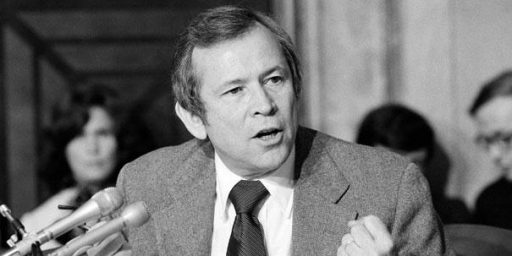
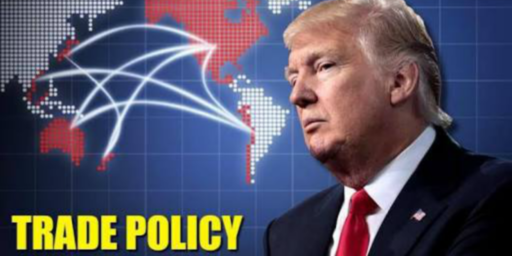
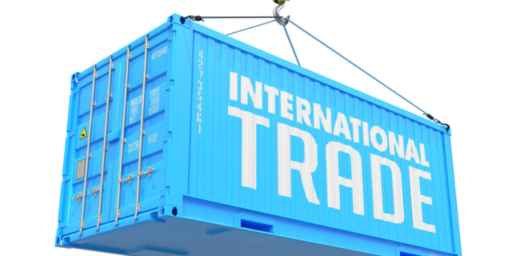
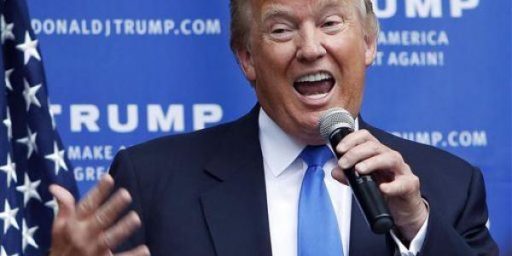
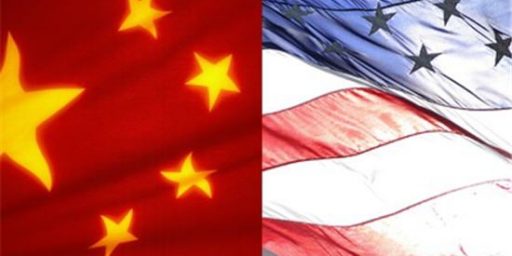
Ah .. why exactly would anyone want to buy expensive Yuan from the US? Cheaper, as it were, in China.
That would be all very well if the two nations had equal economic power. But when one is a lender and the other is a debtor, that doesn’t mean that they are working on a level playing field.
“…would lead to a period of instability and unnecessary hostility between the two countries.”
Oh, good, that’s just what we need right now.
I really, really like this idea.
I could take $10,000, buy 65,000Y from China, then buy $14,444 from the US, and then repeat until I have paid off my mortgage, and have a nice nest egg to retire on.
I won’t be greedy, just $100M or so.
The thing is Bill, China holds high quantities of both dollars and yuan. They are a creditor nation. The idea that they need us to make a currency market is kind of strange.
What would we be trying to do, corner the market in overseas yuan? Is any? Would the Chinese care, or just print some more?